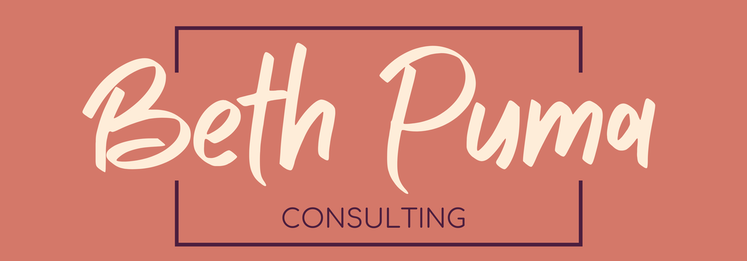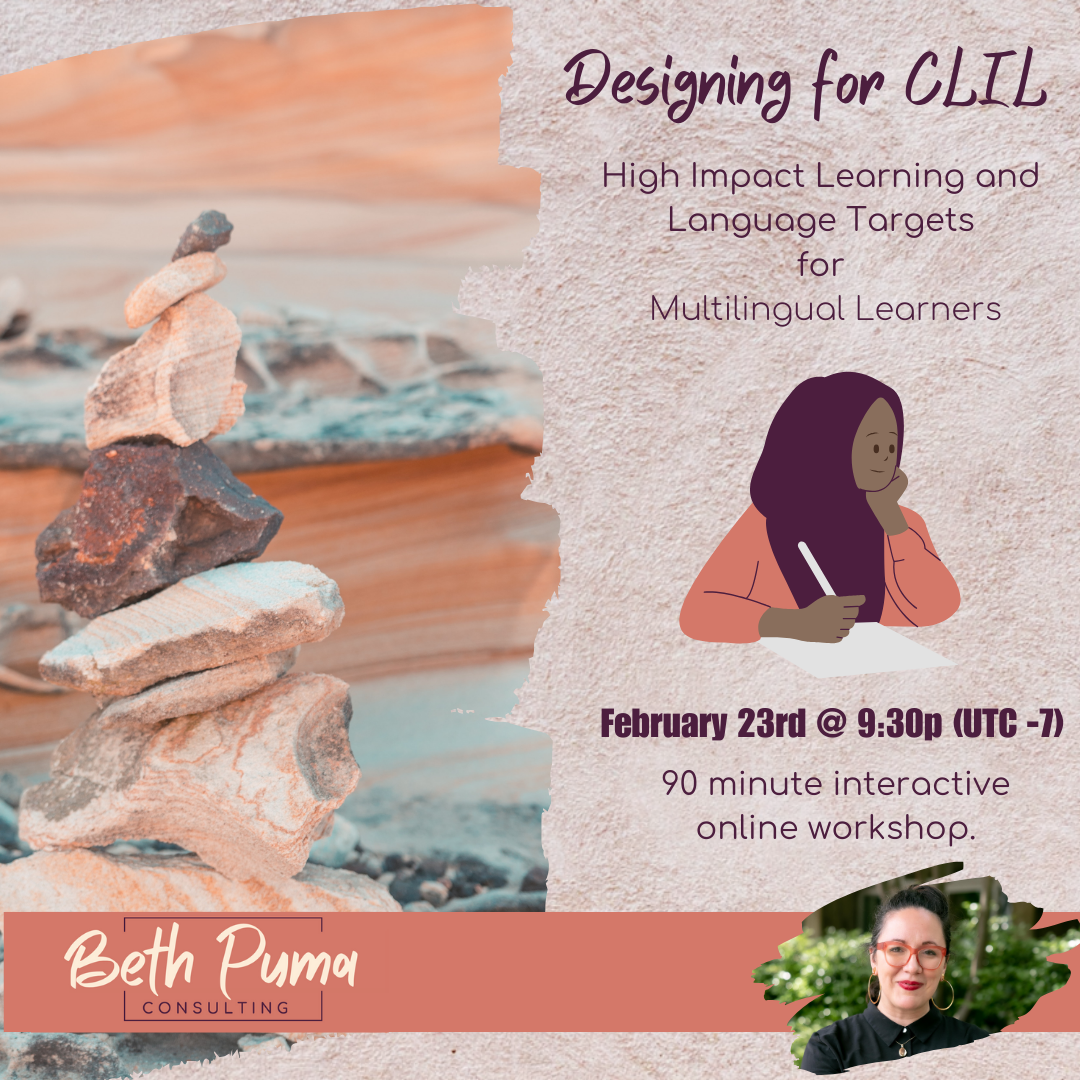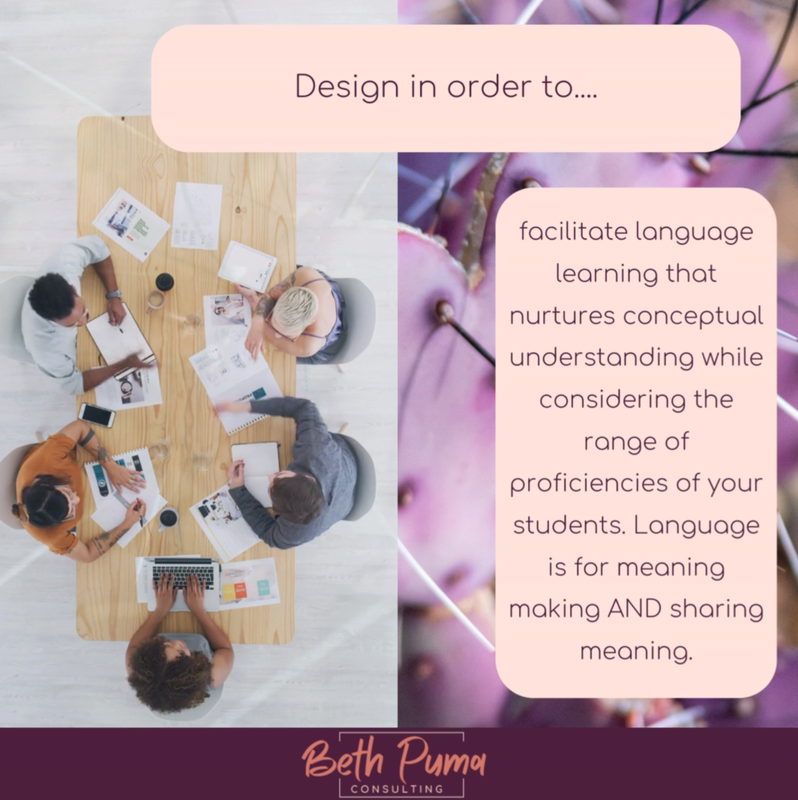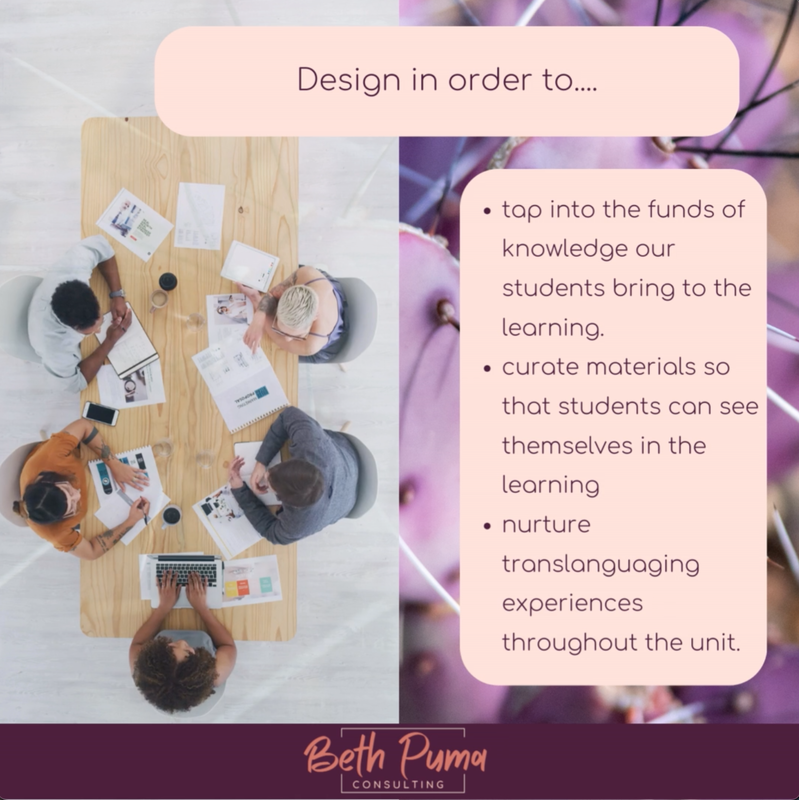 Photo by Sarah Wolfe on Unsplash Photo by Sarah Wolfe on Unsplash In bell hooks' All About Love she writes "The word ‘love’ is most often defined as a noun, yet we would all love better if we used it as a verb." This book deeply impacted me when I first read it as a young person in my early 20s. I read this book in parallel to my first year of teaching; a hot mess express to describe it plainly. As an educator, I knew what I valued, I knew what I believed in, yet I consistently found my classroom not in alignment with what I said I valued. I internalized this often as a young educator and felt a great deal of shame around it. However, I realized I had serious unlearning and learning to do. Despite what many problematic narratives might tell you about schools and our students, the mistakes I was making in my classroom were very much my own. I have spent the rest of my career working to refine my craft, so that my curricular decisions and pedagogical practices are working to be in alignment with my values. As educators we have control over our instructional design. We can work to design experiences for our multilingual learners that are student-centered, driven by inquiry and discussion. We can scaffold these experiences progressively, so that our students feel the pedagogy of hope and horizon rather than restricted by spoon feeding disguised as "supports" that rob them of their intellectual curiosity. We can nurture the incredible power of translanguaging in our classrooms so that our students are seen and empowered. Did you see what I did there? I bolded all those verbs. These are just some of the verbs of a linguistic pedagogy of love.  Photo by Baim Hanif on Unsplash Have you signed up for my newsletter yet? In this month's newsletter I will share some concrete strategies for building an asset/strength based muscle; a muscle needed to teach with love.
0 Comments
As educators, we have all heard the statement "every teacher is a language teacher" but what does that really mean? How do we shift that statement from a set of buzzwords to a deeply ingrained value that truly serves multilingual learners? One of the ways to fulfill the promise "every teacher is a language teacher" is through content and language integrated learning (CLIL). One of the critical elements of CLIL is robust, strategic learning and language targets to drive student learning. This event will unpack how to write them to guide instructional planning and student learning. Register today by heading on over to EventBrite.
 I know an a lot of MLL Specialists that are reluctant to attend or contribute to curriculum focused team meetings. I even know a few that throw their hands up with exasperation saying "they are a waste of my time." Yet, a strong curriculum is so crucial to strong instruction. A strong curriculum helps our multilingual students immensely. while making co-planning meetings more efficient. Curriculum is one of the key components of the multilingual ecosystem that we discuss in my professional learning workshops. Schools with a strong commitment to equity and their multilingual learners ensure collaboration time is embedded in their timetables for teaching teams and MLL specialists. Why is it then, that so many MLL Specialists experience reluctance, exasperation, or even trepidation when it comes to sitting down with colleagues for the unit design process? That's a question I often explore in coaching, since the answer(s) can be complex and contextualized. For now in this blog post I will share what I believe our role is at the table and possible ways to engage with questions. 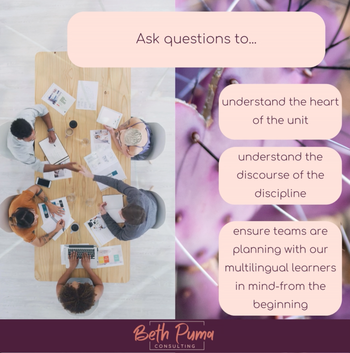 Participating in curricular meetings is important for MLL specialists to seek to understand the grade level content. They do not need to be content area experts of course, nor should they be expected to. Curricular meetings are a good time to ask questions to seek to understand in order to aid the design process with a clear eye on the horizon. Its a great time to ask questions like:
We immerse our learners in language rich classrooms, but remember part of the MLL Specialists job is to facilitate language learning. I find this is something, when done right, that all students benefit from.
As MLL Specialists we have a deep commitment to linguistic equity. We have a deep understanding of bilingualism and the role culture and identity play in our students lives. We can offer contributions to the unit to ensure that our students are seen and see others like them while nurturing their multilingual identity.
 Creating access is an important role that many MLL specialists play at the curricular table. Just be careful! This isn't the only role. Questions we can ask of ourselves and design for include:
MLL Specialists are important participants in curricular design.Questions can be a quiet way of leading collaborative unit design conversations towards equity for our multilingual learners. Asking questions (even if answers aren't available...yet) also help develop a sense of collective efficacy around all of our students' success. Asking questions helps chip away at deficit mindsets without being preachy. It also pushes MLL specialists beyond the "magic trick -here's strategies" mode that many of us can fall into.
Go forth and be brave MLL Specialists! Your colleagues depend on you for your insights. Your multilingual students are counting on you. If you are interested in exploring these ideas more and incorporating them into your practice reach out to schedule a coaching call today.  For too long English-only policies within international schools have upheld colonial ideals. As educators, we have the responsibility to disrupt harm within systems and build more loving, nurturing spaces where our students can be their authentic selves. We have the opportunity to cultivate dynamic multilingual ecosystems within our classes, through the open-hearted and strategic use of translanguaging. This March I will be traveling to Nairobi, Kenya to facilitate a two day workshop on translanguaging.This interactive workshop will explore the dynamic translanguaging practices of our students, as well as the pedagogy to foster multilingual ecosystems within our classes where all our students can thrive. The aim of this event is to create a community of practitioners dedicated to linguistic equity as they learn how to cultivate dynamics multilingual classroom ecosystem with translanguaging pedagogies. Register here on the Association of International School's of Africa's website. "Since the dawn of language, conversations have been powerful teachers." This quote by Jeff Zwiers, highlights the idea that whomever is doing the talking is doing the learning. Yet, multilingual learners are often denied access to curiosity and playful, discussion-rich classrooms because of misconceptions about language learning and bias How do we design for equitable discourse so that mlls can thrive in the #inquiry classroom? Designing for discourse in the classroom is a keystone to fostering critical thinking, acquiring a new language, sparking creativity, understanding different perspectives, and developing an empathetic learning community. Designing for discourse is also a radical resistance to what Paulo Freire describes as the "banking method" of education. We will unpack design elements that nurture equitable discourse for our multilingual learners in the inquiry classroom. 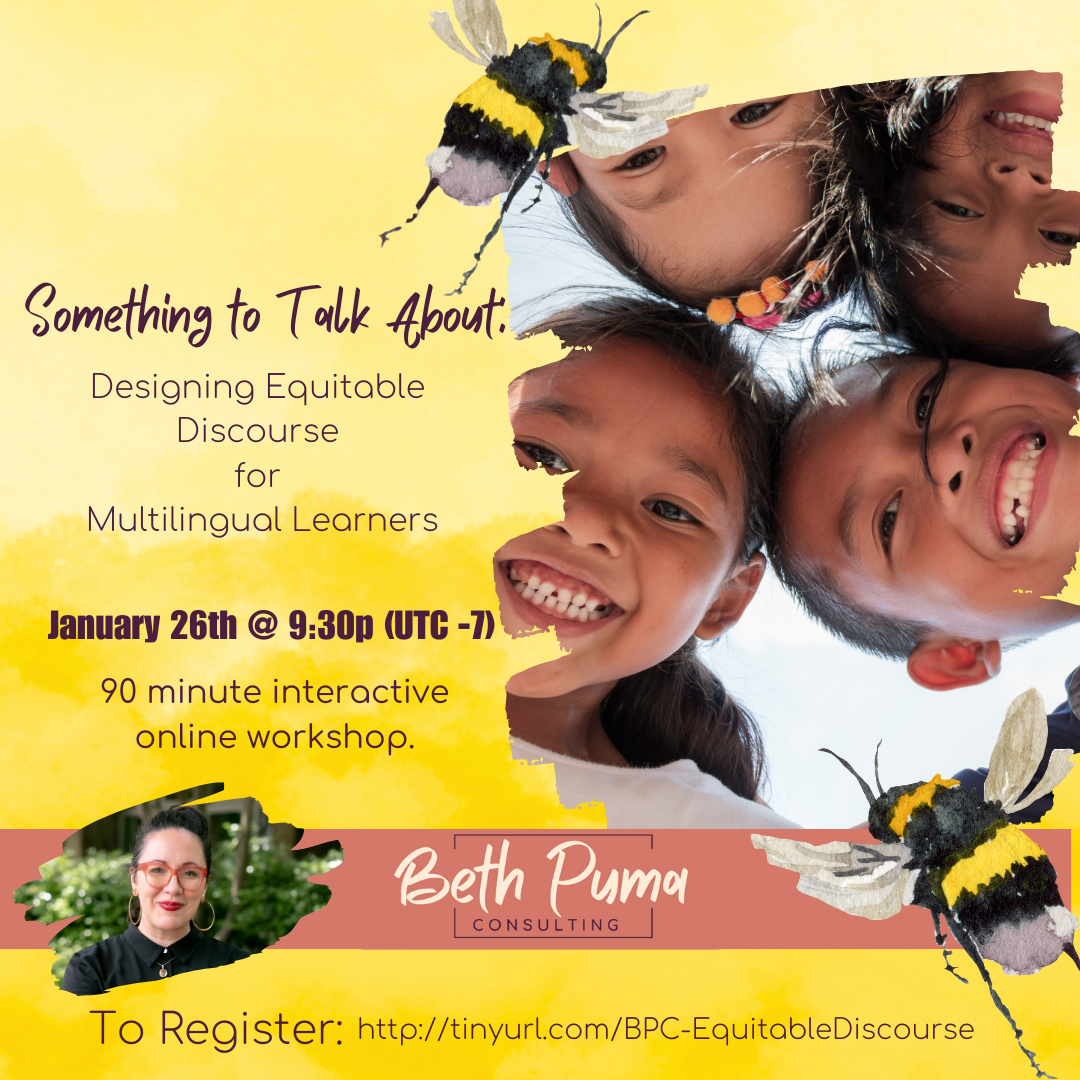 To register follow this link. |
Beth PumaI am an MLL specialist, coach, and educational consultant that is dedicated to building a more transformative educational landscape that honors linguistic diversity and challenges societal paradigms. Archives
April 2024
Categories
All
|
